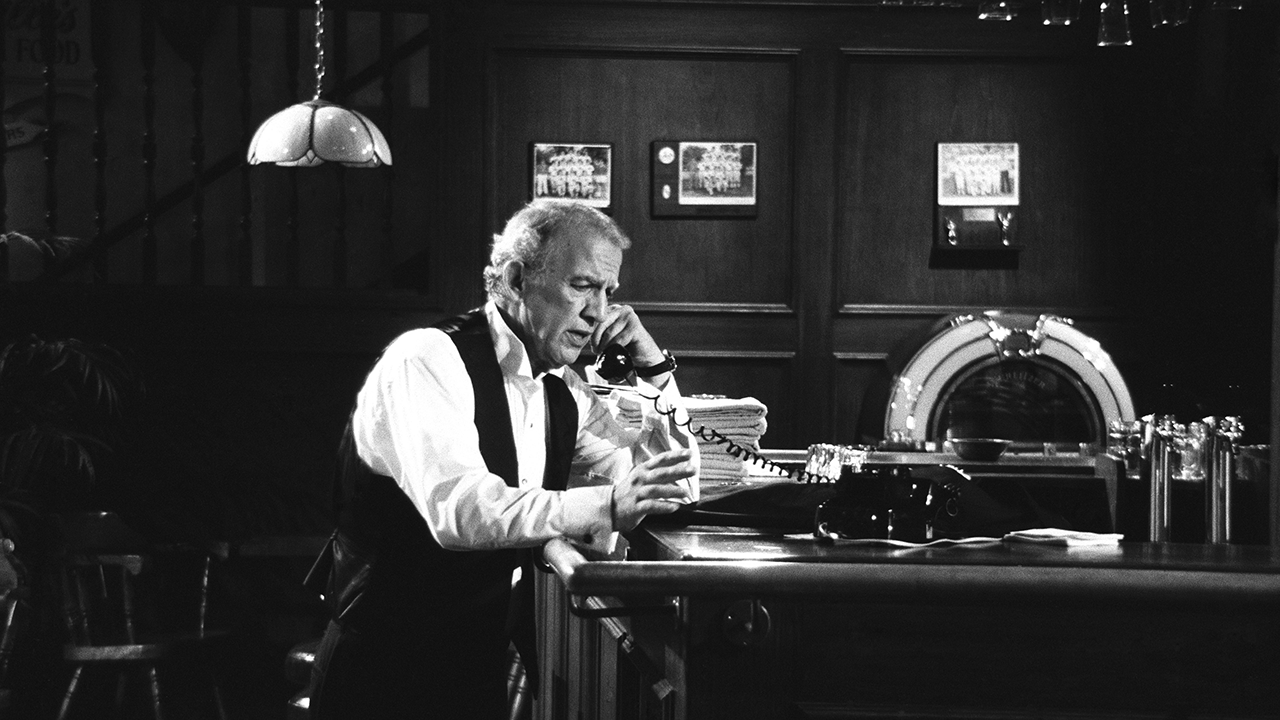
ABC was fined by the FCC when actress Charlotte Ross flashed her naked derriere on 'NYPD Blue.' (AP)
In an unanimous decision on Thursday morning, the Supreme Court threw out almost $1.24 million in fines levied against two networks by the Federal Communications Commission for broadcasting moments of uncensored curse words and brief nudity.
"Because the FCC failed to give FOX or ABC fair notice prior to the broadcasts in question that fleeting expletives and momentary nudity could be found actionably indecent, the Commissions' standards as applied to these broadcasts were vague," the Supreme Court said in its opinion.
The material at issue in Thursday's decision includes the isolated use of expletives as well as fines against broadcasters who showed a woman's naked behind on a 2003 episode of the show "NYPD Blue."
So, does this ruling mean that American parents should brace themselves for an all-nude, foul-mouthed F-bomb fest during prime time going forward?
Not exactly.
“Contrary to some of the media reports that have been out this morning, the Supreme Court did not overturn the federal broadcast decency law, nor did it overturn the so-called fleeting explicative rule,” Dan Isett, director of public policy for the Parents Television Council, told FOXNews.com exclusively. “The only thing that the Court found was that the FCC, in this narrow case, did not give the broadcast networks enough warning before enforcing this particular rule.”
The court noted that the FCC is "free to modify its current indecency policy," while declining to issue a broad ruling on the constitutionality of the FCC indecency policy.
According to the PTC, broadcasters had hoped that the Supreme Court’s decision would free them from FCC regulation of all broadcast content. Instead, the court upheld its 1978 Pacifica decision, in which the FCC had reprimanded a New York radio station for airing comedian George Carlin’s infamous “Seven Dirty Words” monologue.
“Once again the Supreme Court has ruled against the networks in their years-long campaign to obliterate broadcast decency standards,” PTC president Tim Winter said in a statement. “The court today specifically acknowledged the FCC’s ability to continue broadcast decency enforcement as part of its public interest obligation.”
But not everyone interpreted the ruling this way.
TV Watch, “a broad-based coalition that opposes government control of TV programming and promotes the use of tools like content ratings and parental controls,” also applauded the Supreme Court’s decision on Thursday, but for different reasons.
"Today's decision by the Supreme Court re-emphasizes what we have been advocating all along: That parents, not the Government, are the best arbiters of what their children should be watching on TV,” TV Watch Executive Director, Jim Dyke, said in a statement. “In the one-third of American homes with children, parents have tools such as the V-Chip and content ratings to help them make decisions about what their children watch based on the age of the child and their family's tastes and values."






